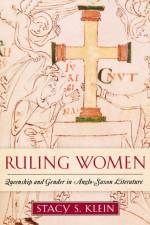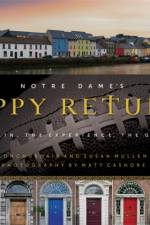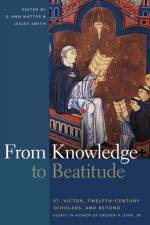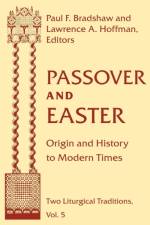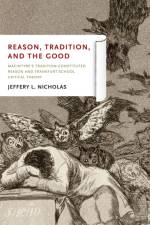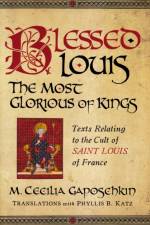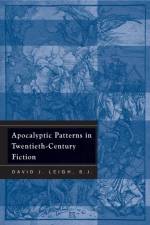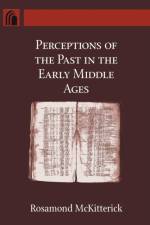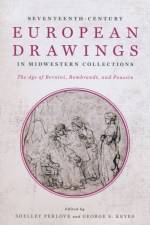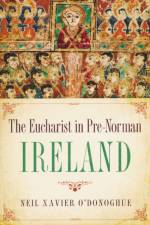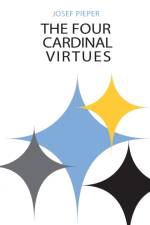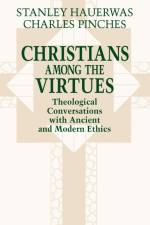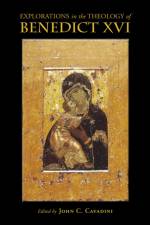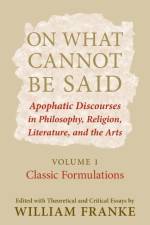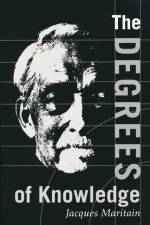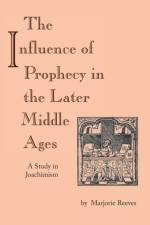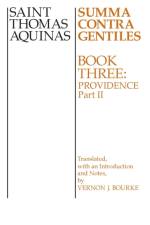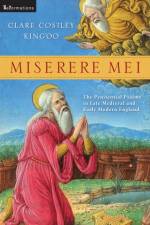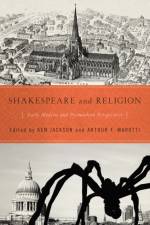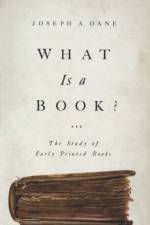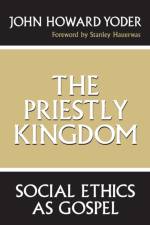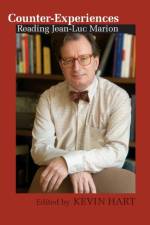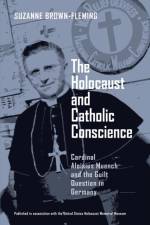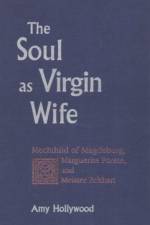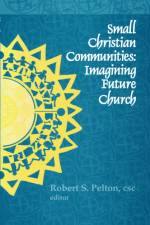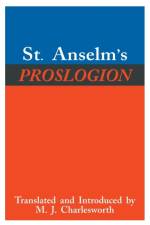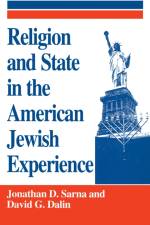- Dublin, the Experience, the Game
av Brian O Conchubhair
495
BACK COVER¿From its early beginnings, the Keough-Naughton Institute¿s goal has been clear and unwavering: to bring Ireland to Notre Dame and Notre Dame to Ireland. As director of the Keough-Naughton Institute for Irish Studies, I am pleased to introduce a book that shares the same goal and to celebrate Notre Dame¿s lasting ties to Ireland, ties that have only been made stronger by distance and years.¿ ¿Christopher Fox, Director, Keough-Naughton Institute for Irish Studies"A beautifully illustrated and written book with a sharp eye on both Irish history and the massive importance of the Irish American link. It wonderfully captures the return of Notre Dame to their ancestral home for a never-to-be-forgotten clash with Navy. This book puts you right there."¿Niall O'Dowd, founder of IrishCentral.com and Irish America magazine FLAP COPYNotre Dame's Happy ReturnsDublin, the Experience, the GameBrian Ó Conchubhair and Susan Mullen Guibert Photography by Matt CashoreThe University of Notre Dame's connection with Ireland has been entrenched in Notre Dame¿s heritage and identity since the founding of the university in 1842. The university is also closely associated with Ireland through its renowned football team, the Fighting Irish. When some thirty-five thousand Americans descended on Dublin, Ireland, for the Emerald Isle Classic football game between Notre Dame and Navy (played on September 1, 2012) at Aviva Stadium, the relationship between Notre Dame and the land and its people was celebrated throughout Dublin and the rest of Ireland. Now both the allure of Ireland and the excitement of the Emerald Isle Classic football game are brought together in Notre Dame¿s Happy Returns: Dublin, the Experience, the Game. Senior University Photographer Matt Cashore took thousands of photographs for this book, and has selected nearly two hundred of his favorite shots for this large-format collection, capturing the sights, historic places, and cultural riches that make Ireland special for fans of the Fighting Irish.Woven together with brief cultural and historical captions by Brian Ó Conchubhair and Susan Mullen Guibert, Notre Dame¿s Happy Returns contains dozens of full-page photographs of Ireland¿s capital city. Ranging from art and architecture to spectacular views of Dublin Castle, Saint Patrick¿s Cathedral, Trinity College, Casino Marino, Saint Stephen¿s Green, shops, pubs, and other notable landmarks, the photographs capture the mythical attraction of one of Europe¿s most vibrant cities and offer readers a glimpse of its rich history. The photographs and text also highlight the university¿s commitment to scholarship through the Keough-Naughton Institute for Irish Studies, Notre Dame¿s Catholic tradition of service in Ireland, and the extraordinary beauty of the countryside beyond Dublin. In addition, the book explores the introduction of American football in Ireland and Notre Dame¿s role in elevating the sport there, and contains a special section on the 2012 Notre Dame¿Navy game in Dublin.As travel guide, sports book, and lush photographic essay all in one, Notre Dame¿s Happy Returns is a must have for those who attended the Notre Dame¿Navy game in Aviva Stadium as well as for all Notre Dame football fans. It will also be of interest to graduates, subway alumni, members of the Notre Dame family, and university supporters for whom Ireland is a spiritual and ancestral home.Brian Ó Conchubhair is associate professor of Irish Language and Literature and a fellow of the Keough-Naughton Institute for Irish Studies at the University of Notre Dame. A native of County Kerry, Ireland, he has published on Irish history, culture, politics, and language.Susan Mullen Guibert is assistant director in Notre Dame¿s Office of Public Relations. She is coauthor of Clashmore Mike Dublin to Dome.Matt Cashore is the senior university photographer for the University of Notre Dame. His photos have been published in Sports Illustrated, the New York Times, and ESPN The Magazine. His most recent book, with text by Lawrence S. Cunningham, is The Chapels of Notre Dame (University of Notre Dame Press, 2012).

